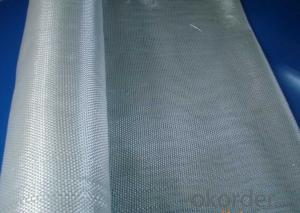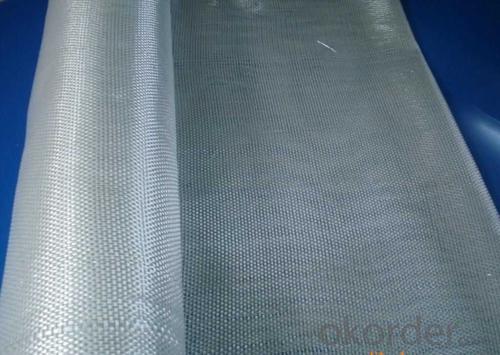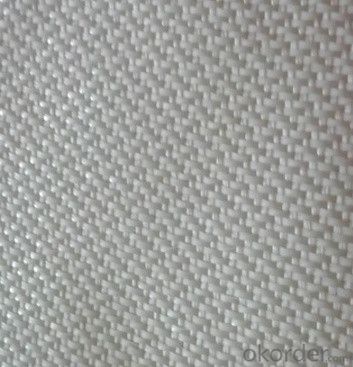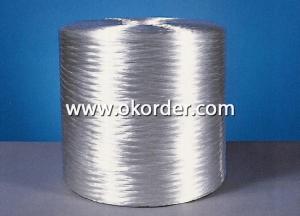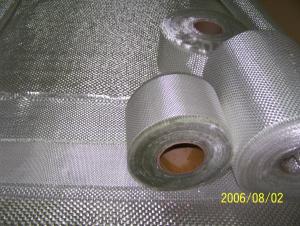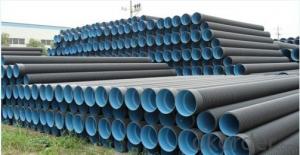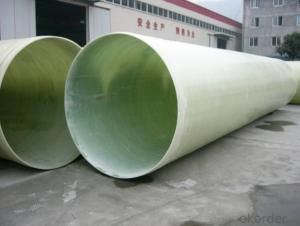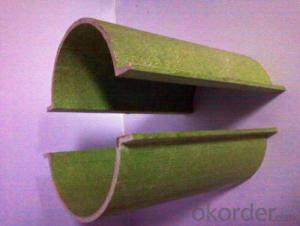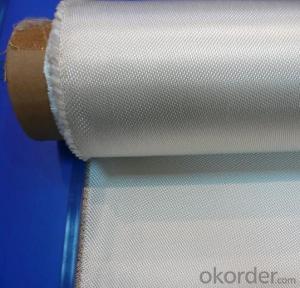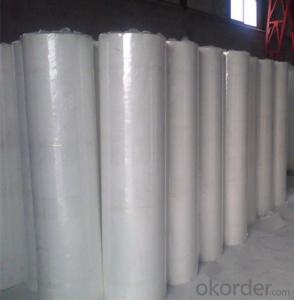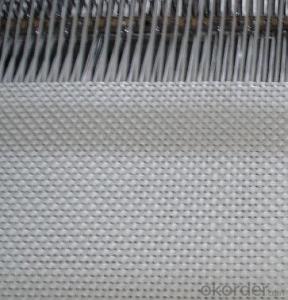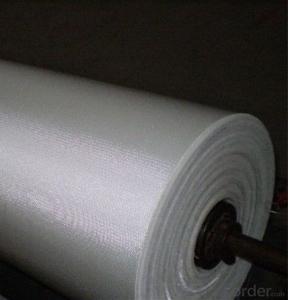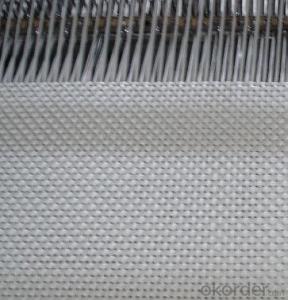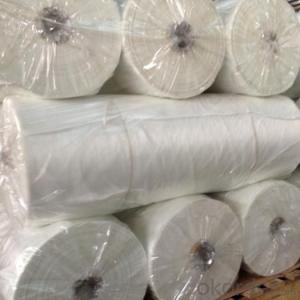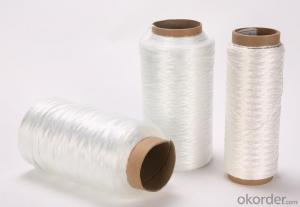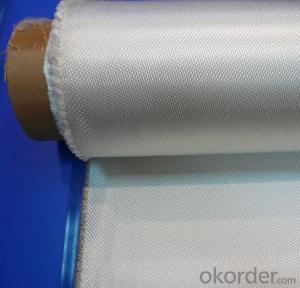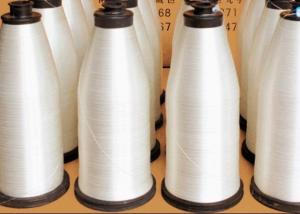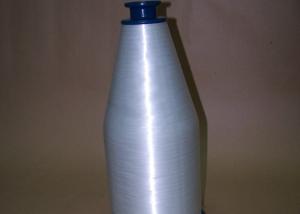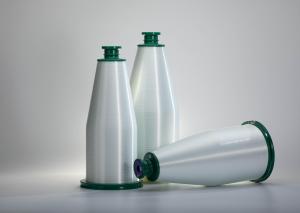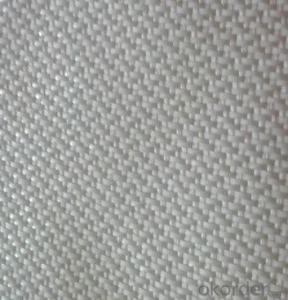Fiberglass Yarn Reinforced Fiberglass Fabric - Anti-Fire and Eco-Friendly Production
- Loading Port:
- Shanghai
- Payment Terms:
- TT OR LC
- Min Order Qty:
- 500 m²
- Supply Capability:
- 50000 m²/month
OKorder Service Pledge
OKorder Financial Service
You Might Also Like
Fiberglass Fabric Anti-fire And Environmental Production
Fiberglass Fabric Introduction:
Fiberglass fabric is weaved by high quality fiberglass,as a kind of engineering material,which is
many excellent characteristics:
flame-resisting,corrosion resistant,high strength,heat resistance.stable structure,good chemical resistance,durability.
Fiberglass Fabric Features:
Warp and weft yarns are parallel arrangement as flat situation, with uniform tension;
Fiber is aligned with large consistency, stable and easy operation;
Good moldability, fast and complete wet out in resins, resulting in high productivity;
Good transparency and high strength of composite products.
Fiberglass Fabric Specification:
mark | Fiber consistency(ends/ cm) |
Area weight (g/ m2) |
Thick-ness (mm) |
Width (cm) |
Length (mm) | Breaking strength(N)≥ |
weave | |||
Warp direction | Weft direction | Warp direction | Weft direction | |||||||
EW200 | 16 | 12 | 200±20 | 0.2 | 90-130 | 300-1200 | 980 | 980 | ||
EW210 | 16 | 12 | 200±20 | 0.21 | 90-130 | 300-1200 | 1080 | 1080 | Twill weave | |
Plain weave | ||||||||||
EWR360 | 3.2 | 1.8 | 354±18 | 0.35 | 50-300 | 100 | 2000 | 2000 | ||
EW280 | 16 | 10 | 280±28 | 0.26 | 90-130 | 300-1200 | 1800 | 1800 | ||
EW300 | 14 | 10 | 320±32 | 0.3 | 90-130 | 300-1200 | 1500 | 1500 | ||
EW430 | 20 | 12 | 420±42 | 0.43 | 90-130 | 300-1200 | 2000 | 2000 | Broken twill | |
EWR136 | 10 | 10 | 136±13 | 0.136 | 100 | 200 | 850 | 850 |
Plain weave | |
EWR200 | 8 | 7 | 200±20 | 0.21 | 100 | 200 | 1200 | 1200 | ||
EWR400 | 3.6 | 3.2 | 400±30 | 0.4 | 100 | 50-100 | 2500 | 2500 | ||
EWR600 | 2.6 | 2.5 | 600±50 | 0.6 | 100 | 40KG | 4000 | 4000 | ||
EWR580 | 2.5 | 2.3 | 576±29 | 0.58 | 100 | 40KG | 3850 | 3850 | ||
EWR800 | 1.8 | 1.8 | 800±60 | 0.8 | 100 | 40KG | 4600 | 4600 | ||
Product Show
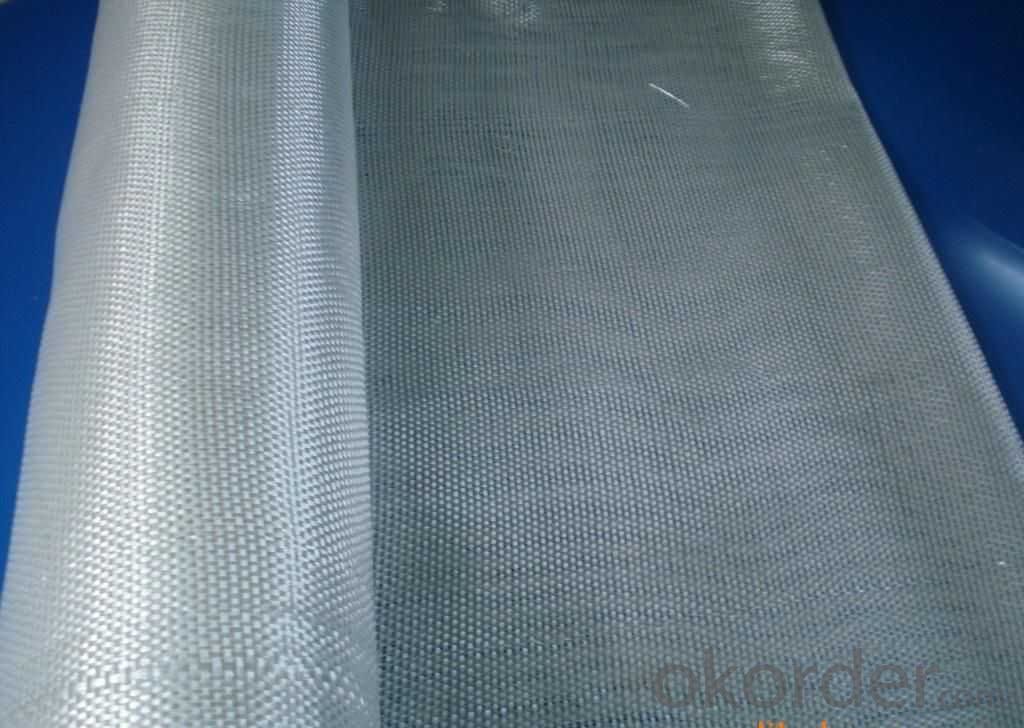
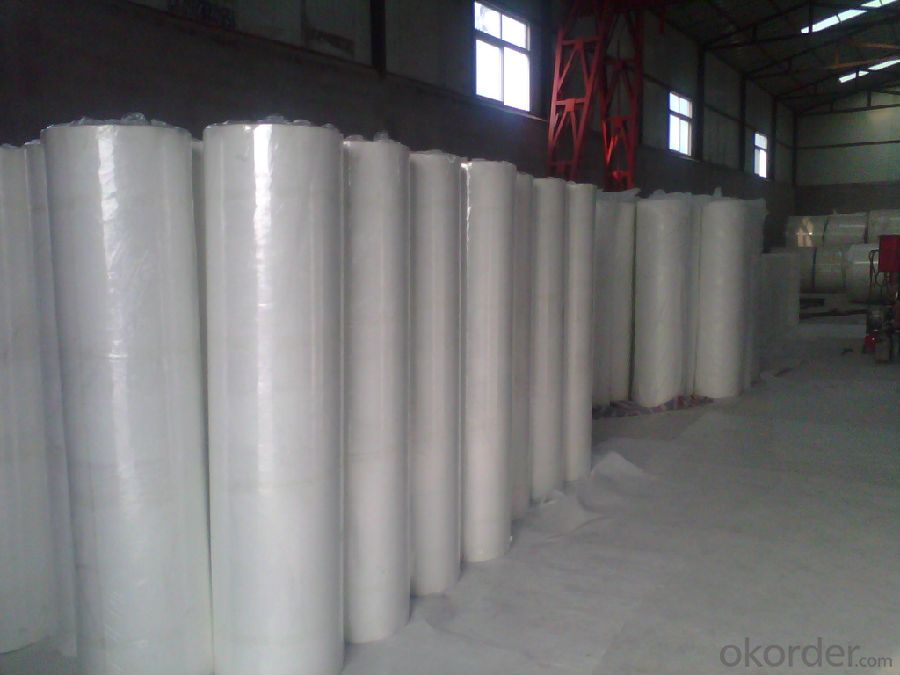
Fiberglass Fabric Usage:
E-glass woven roving is a schistose double faces reinforcement fabric that is weaved into from roving in directly.
E-glass fiber fabric (thin fabrics with thickness from 0.025 to 0.09mm) is suitable for electrical isolation mica product, wax cloth as the reinforcement materials.
E-glass woven roving applys to all kinds of polyester reinforcement system, (such as unsaturated polyester resin, vinylite,epoxy resin and phenolic resin.
E-glass woven roving is a high performance reinforcement material. It is widely used in hand lay-up and machinery processing products, (such as vessel, container, airplane and vehicle component, furniture, athletic facilities and other industry.
FAQ
1.Package of Fiberglass Fabric?
Fiberglass fabric is wound on a paper tube with inner diameters of 50. 8, 76 or 152mm. Each roll is wrapped in a plastic bag, then to be packed in a carton box. The rolls are to be horizontally placed.
Width (cm): 90, 100, 127
Length (m): 100, 200, 300, 400
2.Storage of Fiberglass Fabric?
Store rolls in a cool, dry location
Protect rolls from weather and other damage.
3.If sample available if needed?
We aim to offer our customer best Products&Service,samples are allowed if necessary.
- Q: How does the thickness of fiberglass yarn affect its strength?
- The thickness of fiberglass yarn directly affects its strength. Generally, thicker yarn tends to be stronger as it has a higher cross-sectional area, allowing it to withstand greater tension and stress. Thicker yarn also provides more resistance to breaking or tearing, making it more durable and suitable for applications requiring higher strength.
- Q: Is fiberglass yarn resistant to oils and greases?
- Yes, fiberglass yarn is generally resistant to oils and greases due to its non-reactive nature and low absorption properties.
- Q: Can fiberglass yarn be used in construction applications?
- Yes, fiberglass yarn can be used in construction applications. Fiberglass yarn is a strong and durable material that is resistant to corrosion, chemicals, and extreme temperatures. It is commonly used in construction for reinforcing concrete and other building materials. Fiberglass yarn can be woven into fabrics or mats, which can then be used to reinforce walls, floors, roofs, and other structural elements. It provides strength and stability to the construction, making it more resistant to cracks, fractures, and other damage. Additionally, fiberglass yarn is lightweight and easy to handle, making it a convenient choice for construction projects. Overall, fiberglass yarn is a versatile material that can significantly enhance the strength and durability of construction applications.
- Q: Is fiberglass yarn safe for human use?
- When handled and used correctly, fiberglass yarn can be safe for human use in suitable applications. Fiberglass is a versatile and durable material that finds wide usage in industries like construction, insulation, and textiles. It is renowned for its strength, heat resistance, and insulating properties. Nevertheless, it is crucial to be aware that mishandling fiberglass can result in potential health risks. Fiberglass yarn consists of small glass fibers that can become airborne when disturbed, and inhaling these fibers can cause irritation to the respiratory system and potentially lead to health problems like coughing, sneezing, and skin irritation. To ensure human safety, it is of utmost importance to adhere to proper safety measures when working with fiberglass yarn. This includes wearing protective clothing, such as gloves and masks, to prevent direct contact with the skin and inhalation of the fibers. Adequate ventilation is also crucial to minimize the concentration of airborne fibers. Furthermore, fiberglass yarn should be utilized in suitable applications where the risk of fiber release is minimal, such as in the production of reinforced plastics, textiles, or non-woven fabrics. In these instances, the fiberglass is typically encapsulated or coated, reducing the chance of fiber release and enhancing its safety for human use. In conclusion, fiberglass yarn can be safe for human use if handled and applied correctly. However, it is essential to take necessary precautions to reduce exposure to airborne fibers and ensure a safe working environment.
- Q: Can fiberglass yarn be used in the production of ropes and cords?
- Ropes and cords can indeed be produced using fiberglass yarn. This particular type of yarn is renowned for its robustness, durability, and ability to withstand diverse environmental conditions. Consequently, it is an excellent choice for the manufacturing of ropes and cords. Typically, the fiberglass yarn is twisted or braided together to create a rope or cord that is both strong and sturdy. Such ropes and cords find utility in various applications, including marine, construction, and industrial settings. They are especially suitable for tasks involving heavy lifting, towing, or securing objects due to their remarkable tensile strength and minimal stretch. Furthermore, fiberglass yarn possesses resistance against chemicals, moisture, and UV radiation, ensuring its longevity and reliability even in demanding environments. All in all, fiberglass yarn proves to be a versatile and highly effective material for the production of ropes and cords.
- Q: Can fiberglass yarn be used in reinforcement of polymer composites?
- Yes, fiberglass yarn can be used in the reinforcement of polymer composites. Fiberglass yarn is a commonly used material due to its high strength, lightweight nature, and resistance to corrosion. It is often used as a reinforcement material in polymer composites to enhance their mechanical properties and durability.
- Q: Is fiberglass yarn suitable for use in electrical transformers?
- Yes, fiberglass yarn is suitable for use in electrical transformers. It offers excellent electrical insulation properties, high resistance to heat and chemicals, and has a low thermal expansion coefficient. Additionally, fiberglass yarn is non-conductive, lightweight, and has a long service life, making it an ideal choice for insulation applications in electrical transformers.
- Q: Is fiberglass yarn suitable for making electrical insulators?
- Yes, fiberglass yarn is suitable for making electrical insulators. Fiberglass is a versatile material that possesses excellent electrical insulating properties. It has a high resistance to electricity, making it an ideal choice for insulating applications. Fiberglass yarn can be woven into various forms such as sheets, tapes, or ropes, allowing it to be used in different electrical insulation applications. Additionally, fiberglass is also resistant to heat, chemicals, and moisture, which further enhances its suitability for electrical insulation purposes.
- Q: Can fiberglass yarn be used in gaskets and seals?
- Gaskets and seals can indeed utilize fiberglass yarn. This material is robust and long-lasting, boasting exceptional resistance against heat, chemicals, and abrasion. These remarkable qualities render it an ideal option for circumstances involving the need for enduring high temperatures, corrosive fluids, and harsh surroundings. Manufacturers can weave fiberglass yarn into fabric or employ it as a reinforcing agent in rubber compounds, thereby augmenting the strength and flexibility of gaskets and seals. Furthermore, fiberglass yarn has the potential to be impregnated with diverse resins or coatings, thereby further ameliorating its sealing capabilities. In summary, fiberglass yarn is an adaptable substance that can effectively contribute to the production of gaskets and seals for a wide array of industrial applications.
- Q: Can fiberglass yarn be used in the production of filtration media?
- Yes, fiberglass yarn can be used in the production of filtration media. It is commonly used for its durability, strength, and resistance to chemicals and high temperatures, making it an ideal choice for filtration applications.
Send your message to us
Fiberglass Yarn Reinforced Fiberglass Fabric - Anti-Fire and Eco-Friendly Production
- Loading Port:
- Shanghai
- Payment Terms:
- TT OR LC
- Min Order Qty:
- 500 m²
- Supply Capability:
- 50000 m²/month
OKorder Service Pledge
OKorder Financial Service
Similar products
Hot products
Hot Searches
Related keywords
